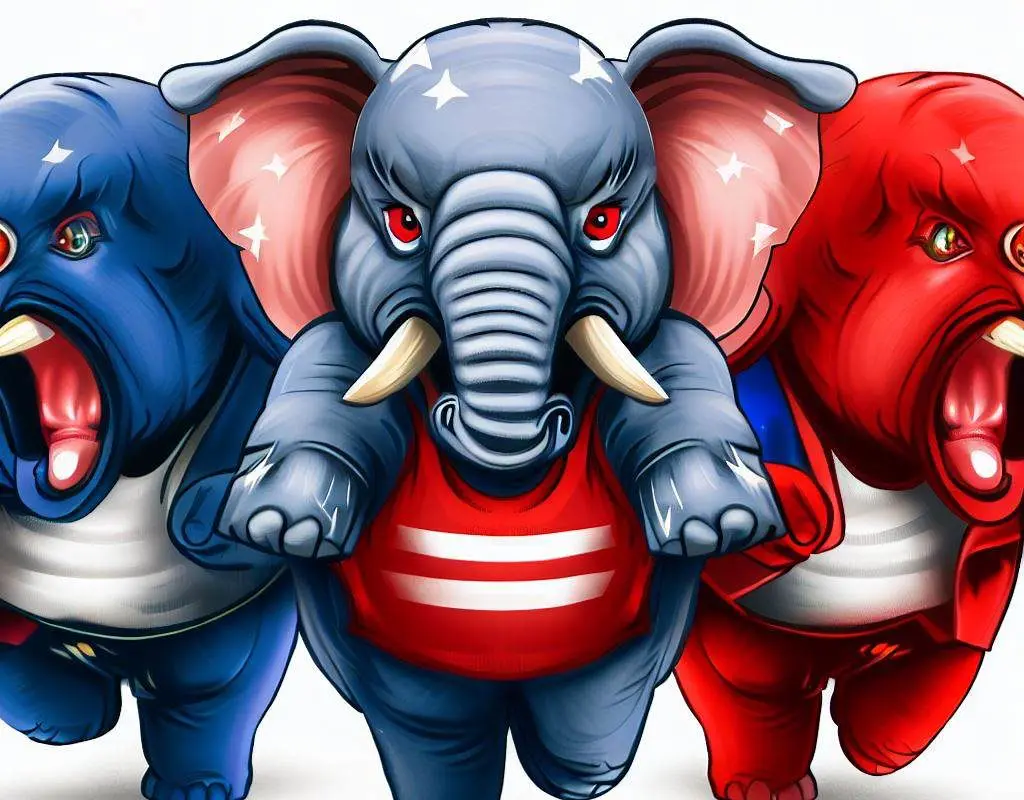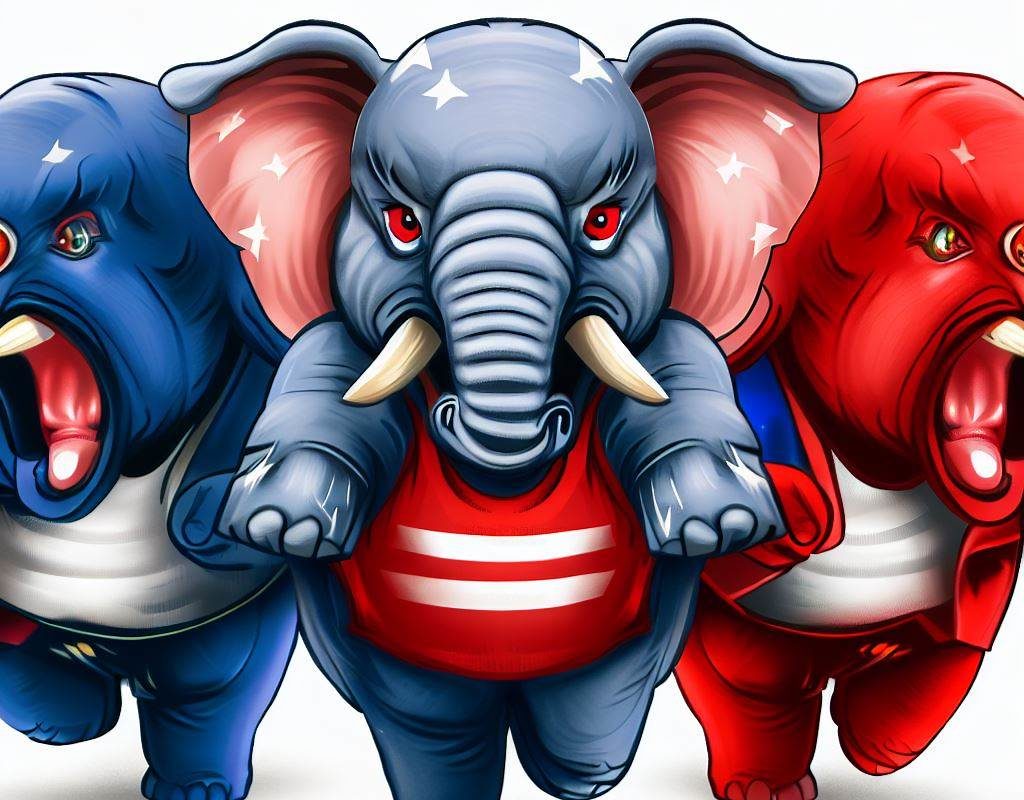These numbers come from the FEC by way of opensecrets.org, and indicate the industry each donor reports they work for (or Retired, if they report not working any longer). The overall political contributions have skyrocketed within our system since the Citizens United ruling gave corporations wide latitude to give money to political campaigns, without necessarily any disclosure or transparency requirements attached. The era of dark money in politics has not been a healthy one in terms of preserving our democracy.
Of note:
- Retired folks tend to lean Republican in their political contributions (i.e. older skews GOP)
- Finance and Real Estate are more seemingly even or slightly Democratic than I would have predicted
- Manufacturing and Oil & Gas are the 2 largest Republican leaning industries — both dwindling and diminishing over the long term horizon.
- The Entertainment industry is one of the most left-leaning of the bunch, giving more than about 90% overall to Democratic candidates or causes. No wonder it’s a favorite target of the Sedition Caucus!
- Any way you slice it, Democrats appear to be vastly outpacing Republicans in terms of fundraising efforts — yet they are the ones calling for campaign finance reform, because the system of peddling influence is so out of hand.
- Business is definitely outspending labor, however.
| Industry | Overall Total | To Democrats & Liberal Groups | To Republicans & Conservative Groups | Lean |
|---|---|---|---|---|
| Retired | $1688335247 | $558769474 | $956076774 | Leans Republican/Conservative |
| Securities/Invest | $799576406 | $195353417 | $119774048 | Leans Democrat/Liberal |
| Democratic/Liberal | $774146476 | $317188055 | $154316 | Solidly Democrat/Liberal |
| Misc Finance | $485711802 | $74077242 | $57181223 | On the fence |
| Real Estate | $413020609 | $140563098 | $176894028 | On the fence |
| Education | $348509465 | $288454435 | $31460036 | Solidly Democrat/Liberal |
| Repub/Conservative | $339055614 | $69348 | $157252042 | Solidly Republican/Conservative |
| Lawyers/Law Firms | $335929913 | $257159915 | $57685804 | Leans Democrat/Liberal |
| Health Professionals | $269975444 | $140853584 | $78014653 | Leans Democrat/Liberal |
| Electronics Mfg/Eqp | $208004155 | $94608885 | $32603257 | Leans Democrat/Liberal |
| Non-Profits | $202452440 | $69589426 | $19720845 | Leans Democrat/Liberal |
| Candidate Cmtes | $188819128 | $136105830 | $51564268 | Leans Democrat/Liberal |
| Misc Mfg/Distrib | $157276344 | $29647438 | $48516563 | Leans Republican/Conservative |
| Business Services | $156224706 | $103637971 | $33237078 | Leans Democrat/Liberal |
| Civil Servants | $152396172 | $108270008 | $32933733 | Leans Democrat/Liberal |
| Health Services | $151572671 | $30508636 | $20672661 | Leans Democrat/Liberal |
| TV/Movies/Music | $148578590 | $94319349 | $11506121 | Solidly Democrat/Liberal |
| Oil & Gas | $138613800 | $12208486 | $62767803 | Leans Republican/Conservative |
| Casinos/Gambling | $135900829 | $11447516 | $12059744 | On the fence |
| Insurance | $124556637 | $47865829 | $53786498 | On the fence |

